Carrageenan is a controversial ingredient used in many packaged foods and beverages, but what is carrageenan?
I am asked about things like this all the time, and I could (quite literally) write posts and posts and posts about different diets and individual ingredients and how they relate to overall health and the healing or hurting of your gut. I work with clients on a daily basis on these questions, and if you want more, reach out.
What is Carrageenan
Click HERE to save this post for later.
At its most basic level, carrageenan is a seaweed.
So what’s wrong with seaweed?
Chris Kresser said it best,
Carrageenan-containing seaweeds have been used for centuries in food preparations for their gelling properties, but the refined, isolated carrageenan found in modern processed foods has raised concerns in the health-conscious online community.
Carrageenan and IBS/IBD
If you follow my blog for digestive reasons and/or information, then you likely have IBS and/or IBD. In this case, carrageenans won’t work well for you namely because they are a polysaccharide. If you follow the Specific Carbohydrate Diet (or any of the similar diets) then you know that polysaccharides, while healing, are off limits. 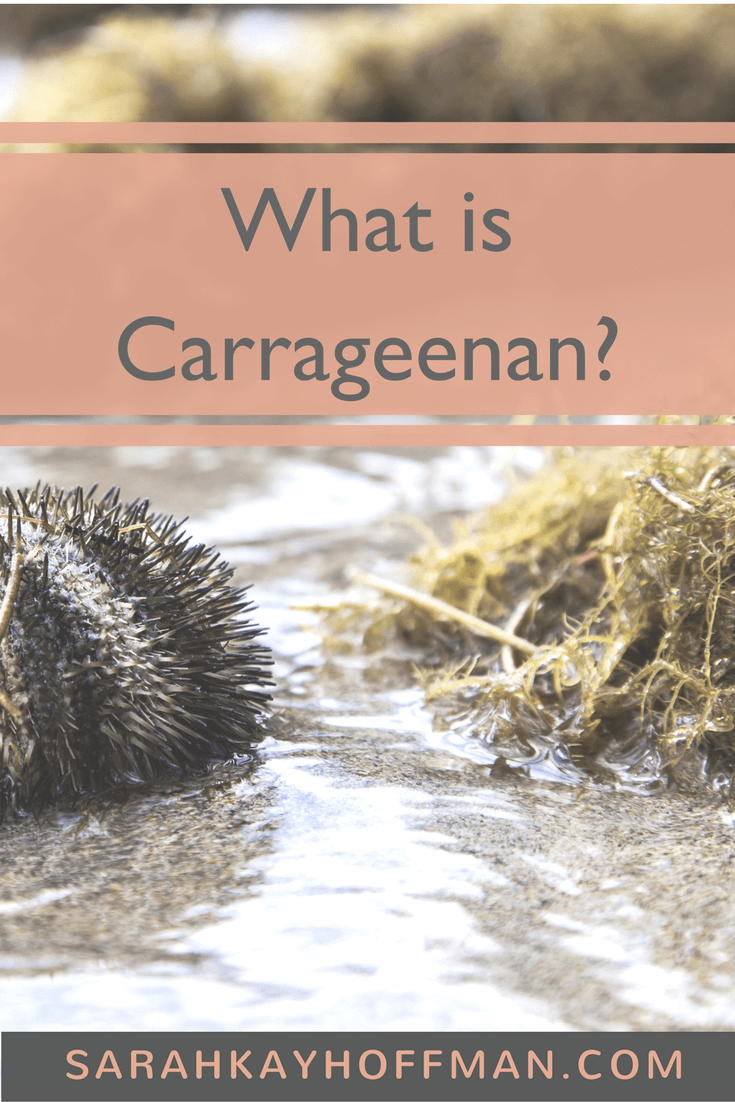
Beyond the Polysaccharide Factor
According to an in-depth Cornucopia Institute report,
Many individuals experiencing gastrointestinal symptoms (ranging from mild “belly bloat,” to irritable bowel syndrome, to severe inflammatory bowel disease) have noticed that eliminating carrageenan from the diet leads to profound improvements in their gastrointestinal health.
And,
The unique chemical structure of carrageenan triggers an innate immune response in the body, which leads to inflammation, a precursor to more serious disease.
Foods and Beverages that May Contain Carrageenan
As always, I am a huge advocate for reading labels. Read them carefully, and when you don’t know what something is, question it! Here are some foods that may contain it:
- ice cream
- coffee creamers
- candy bars
- coffee beverages
- lunch/deli meats
- cottage cheese
- yogurt
- cream cheese
- sour cream
- almond milk
- coconut milk (none of THESE coconut milks contain carrageenan)
- plant-based milks in general (none of THESE plant-based milks contain carrageenan)
- dips
- juices
- desserts
- packaged and prepared meals and snacks
Even though there is strong evidence against carrageenan, there is not, in fact, conclusive evidence that the population as a whole should avoid it.
We do know that those with IBS and IBD who avoid it experience vast improvements with their symptoms, and since this population is many of you reading this if you have not taken carrageenan out of your diet yet, you might consider doing so.
Xox,
SKH
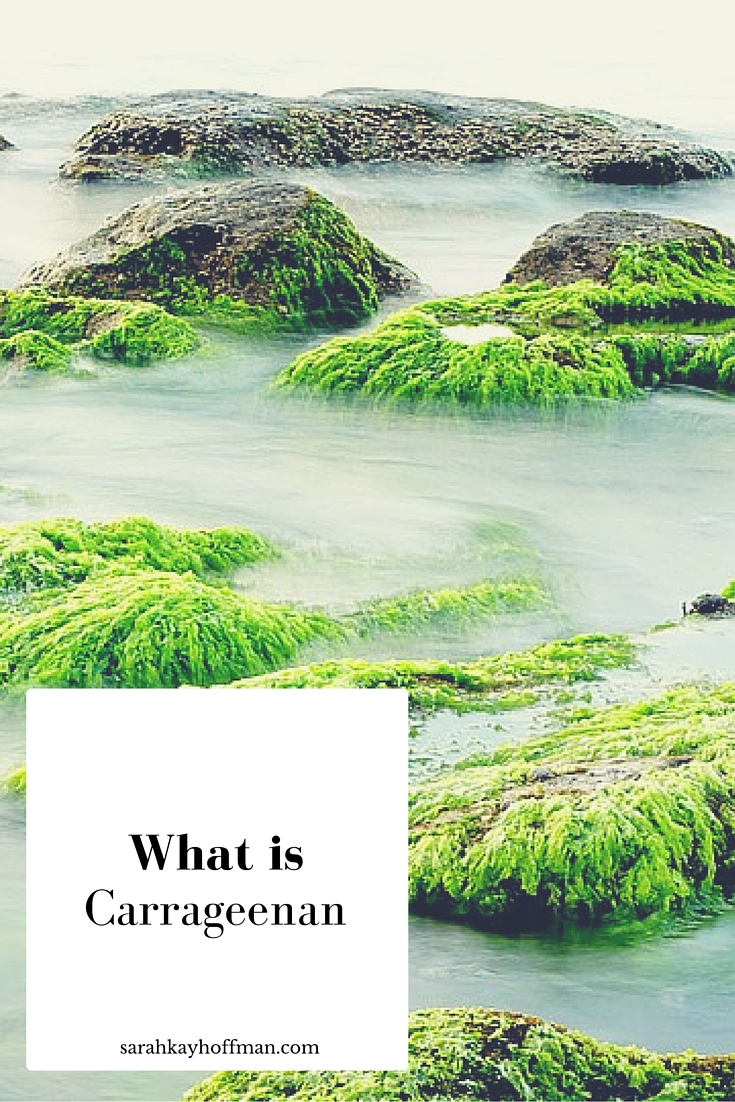
You will heal. I will help.

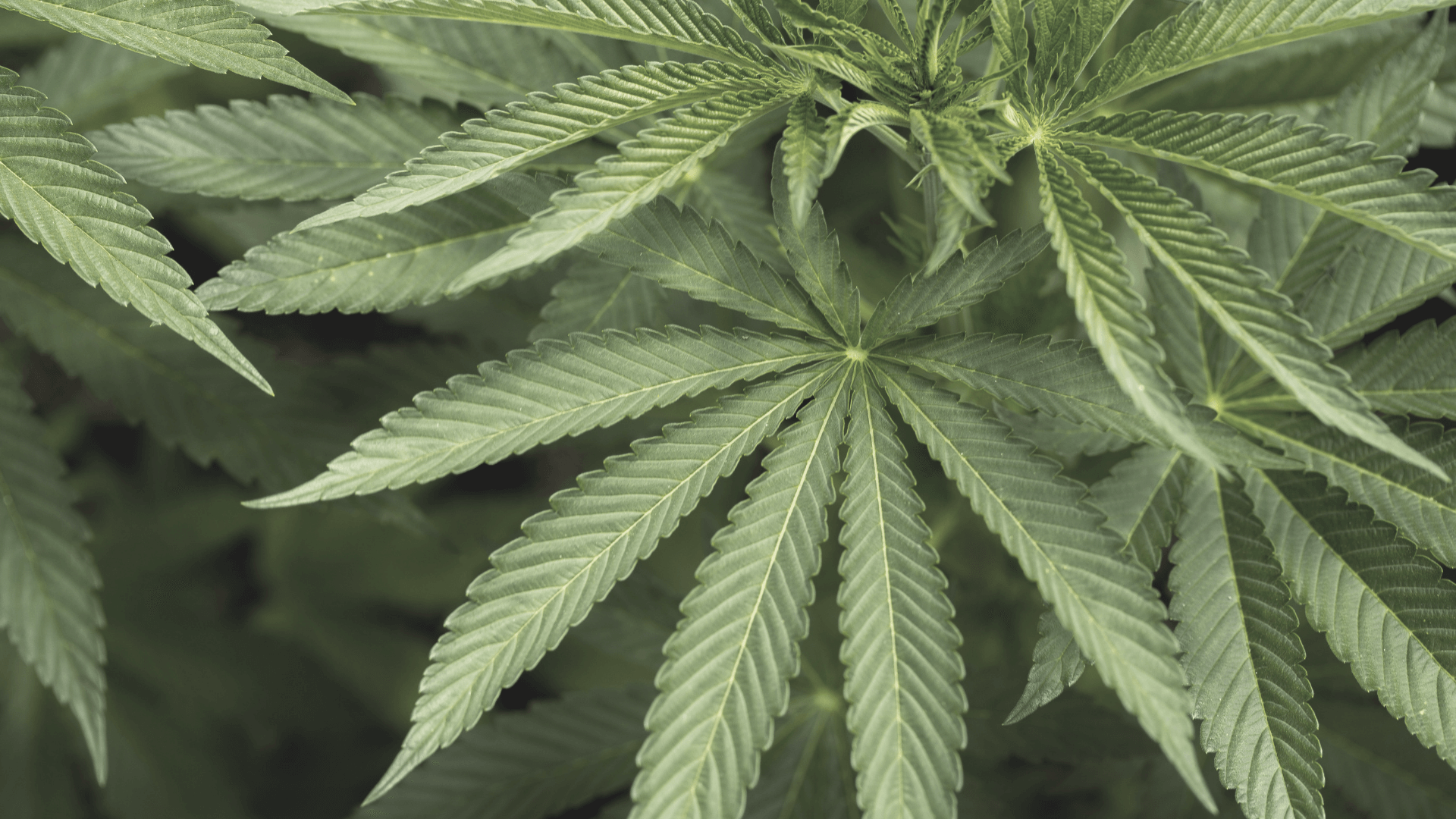
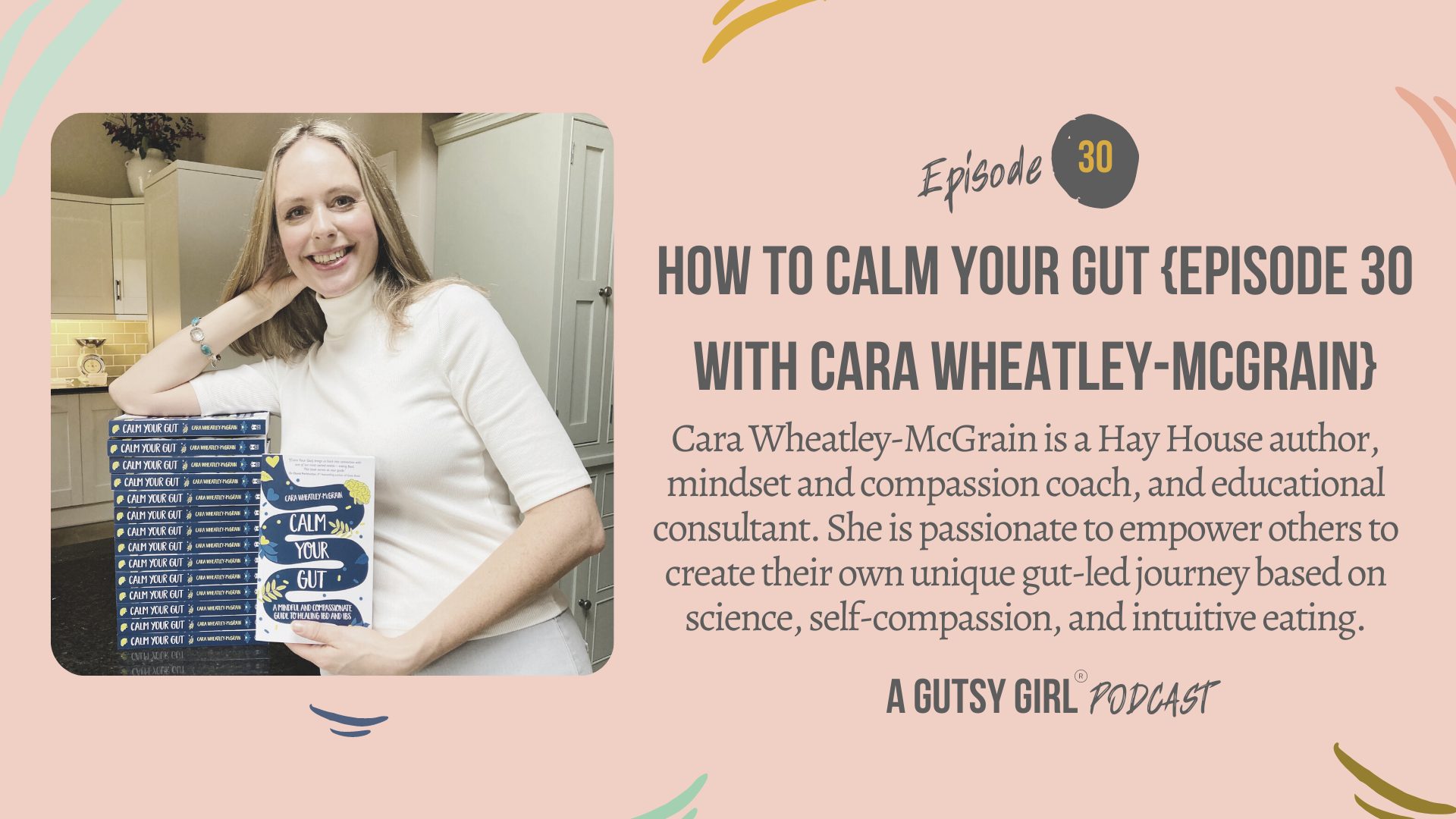
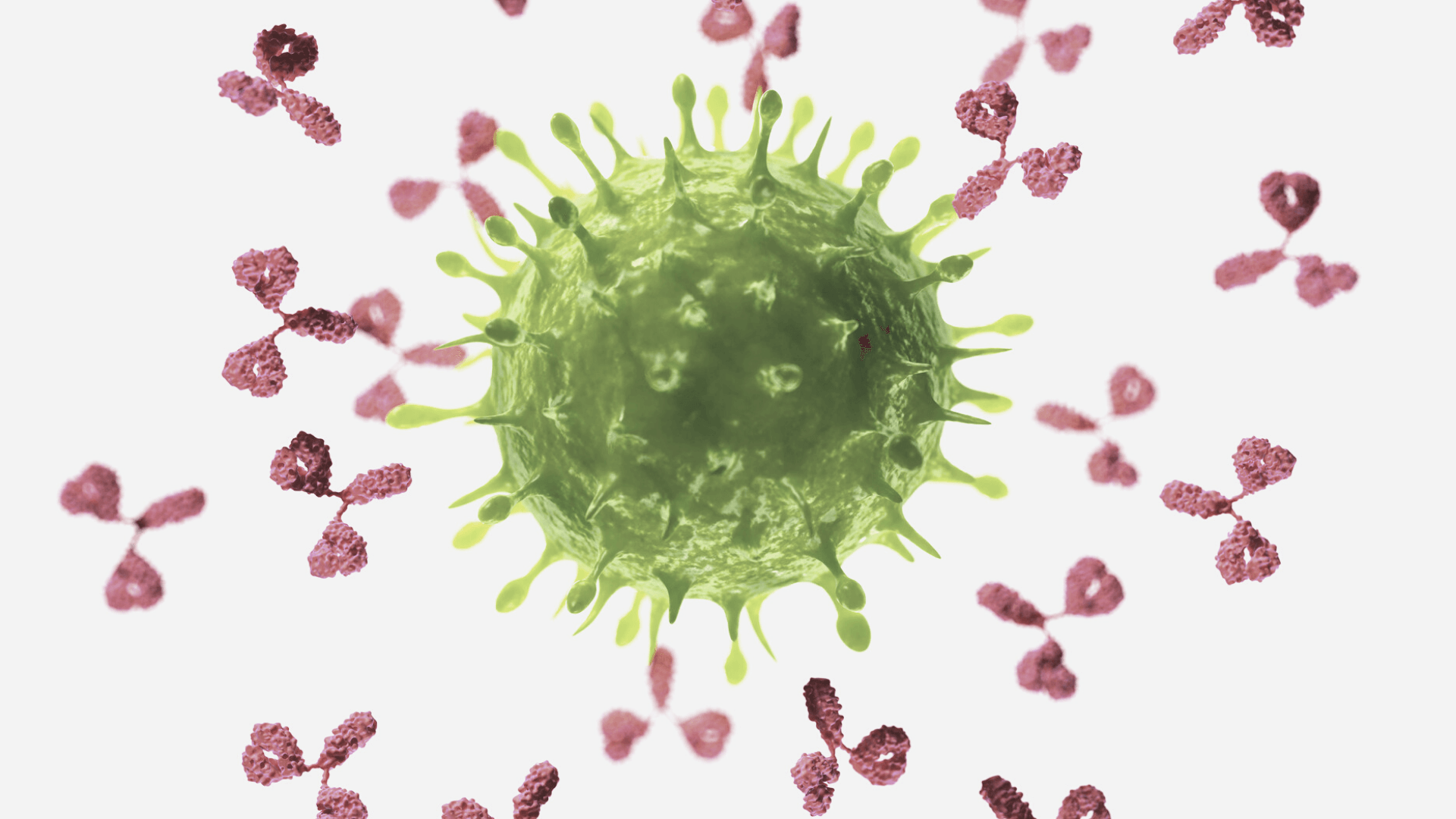
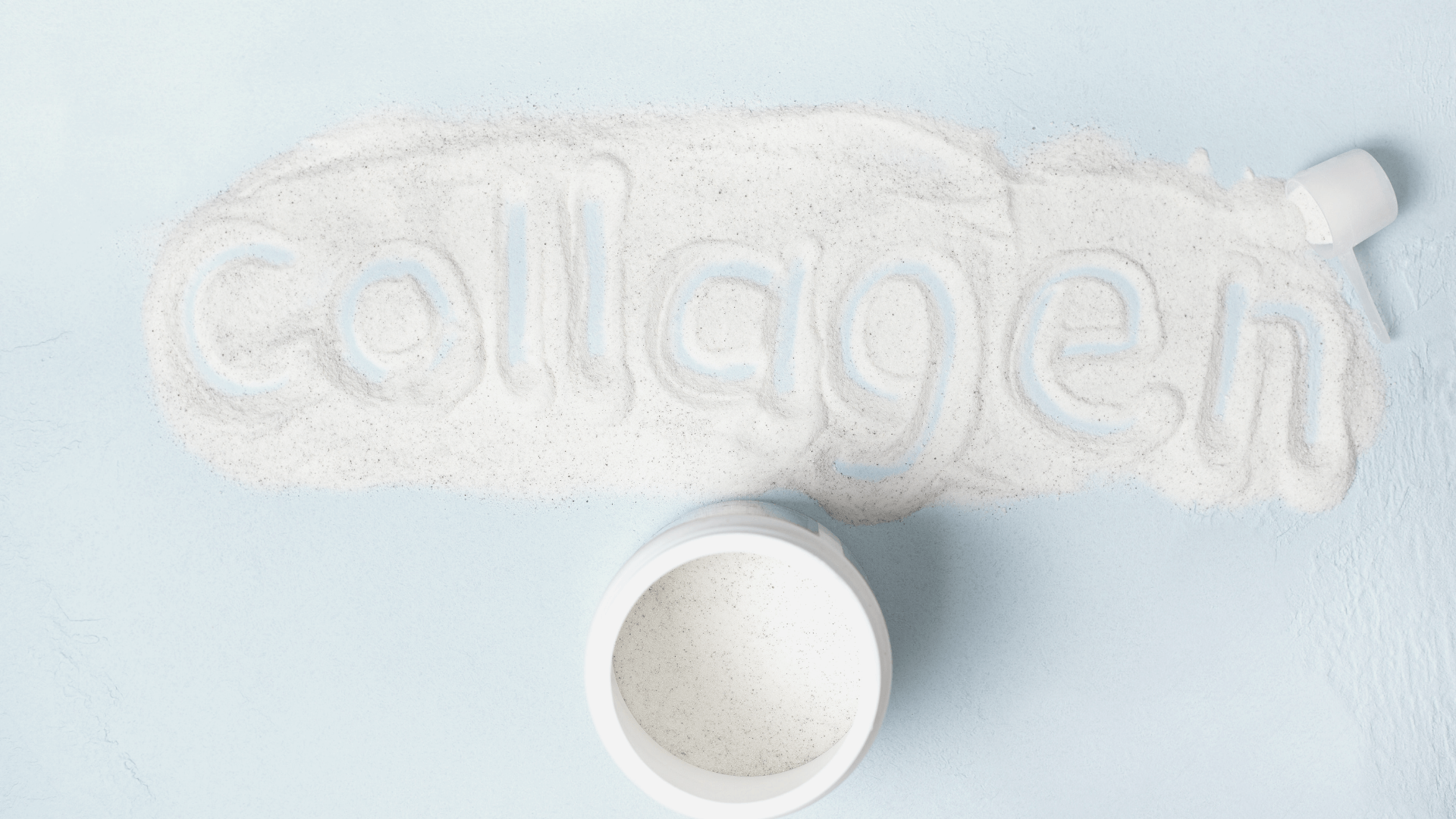
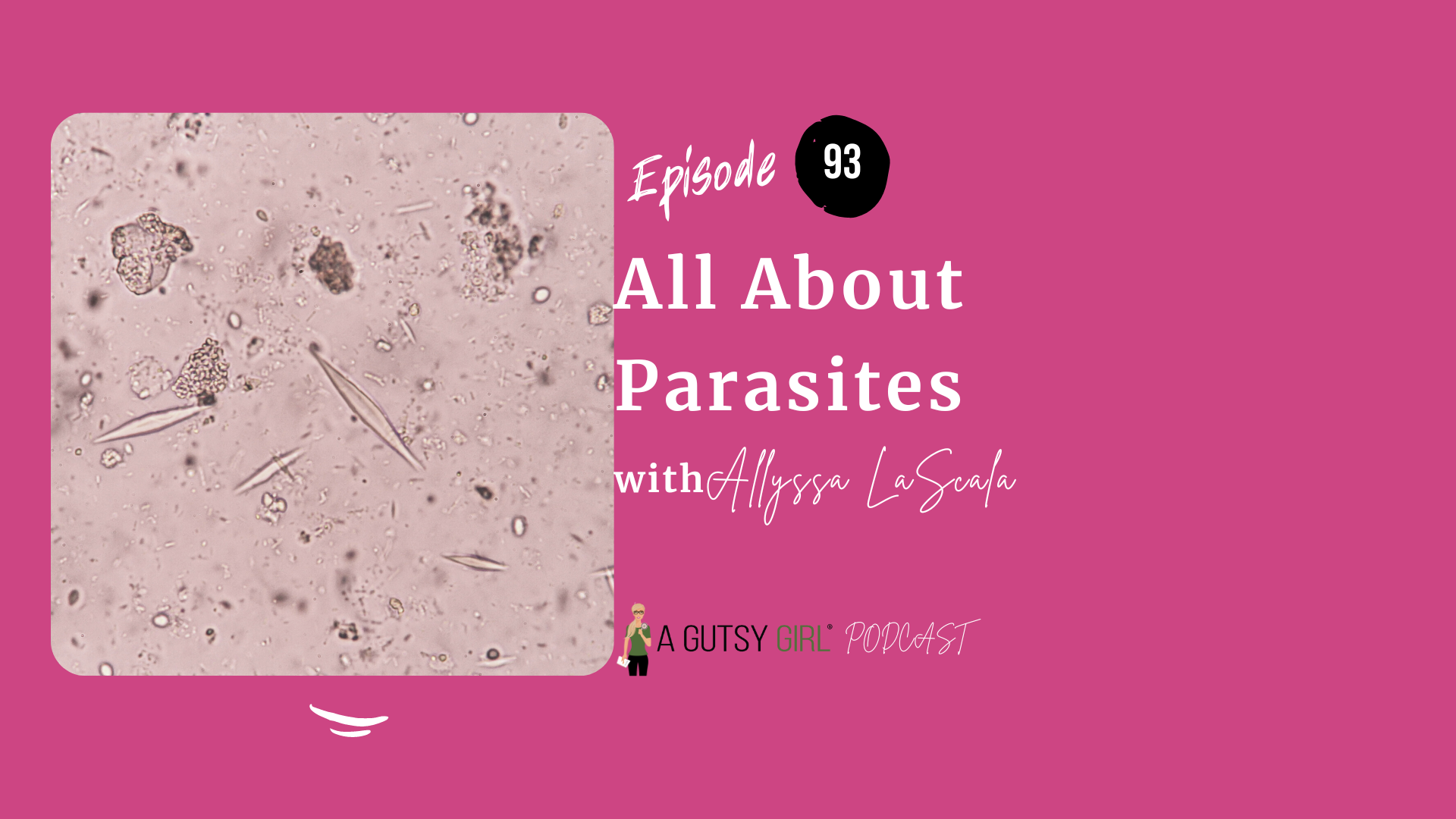

This is a fantastic post – thank you! I’ve heard so many people recently talk about how carageenan is ‘so bad for you’. I think they come to these conclusions based on someone else’s diet. There are many foods out there that don’t work for me due to sensitivities, but just because I cannot eat bananas or avocado doesn’t mean I’m going to go tell people it’s bad for their digestive system. 🙂
Yes, I completely agree, which is why I always preface it that I’m talking to those with IBS/IBD. Thanks, Jenn!
Carrageenan absolutely kills me! It took me years to figure out what it is that triggers my IBS. Here’s what I know for a fact. A Frosty from Wendy’s and I am in trouble for about three days. A glass of chocolate milk (Fairlife) is even worse. Read the label and if the food or drink contains carrageenan and you have an IBS issue…………..let the Frosty or carrageenan containing product alone!
Great thoughts, David! Thank you.